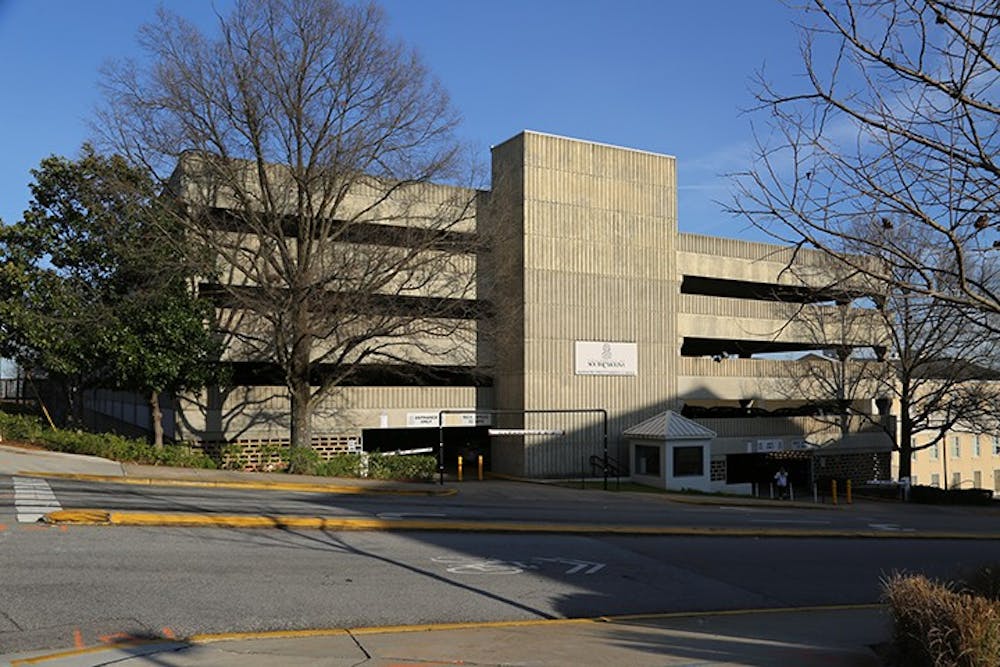The lack of parking at USC has been a common student complaint. Because space is at a premium now on campus, creating new parking requires the repurposing of other spaces and costly building materials. One partial solution that should be discussed is creating restrictions for freshmen to park on campus.
Currently, 34,795 undergraduate and graduate students attend USC. Of these students, 16.8% (or 5,848) are freshmen. Since freshmen are required to live and eat on campus their first year, they do not need to have cars on campus.
Limiting freshmen parking privileges is a tried and true policy for many schools, such as Stanford University and Champlain College.
73% of USC students do not live on campus. Many of these commuting students depend on being able to find parking in order to attend class. When parking is unavailable, it can mean these students arrive late or miss class altogether.
Keeping freshmen students from relying on their cars their first year at USC gives them opportunities to practice more sustainable and healthy transportation practices, such as carpooling, biking and walking.
According to the campus map on the school's website, to walk all the way across central campus, from 2221 Devine St. to 800-A Huger St., takes only 37 minutes. The biking estimate is 16 minutes.
Seeing that in most cases it is feasible to get across campus to classes within the 20 minutes allocated for class changes, not having a car should not detract from the educational experience at USC.
Additionally, many restaurants within the Vista and Five Points are within walking distance. Google maps shows over a dozen restaurants within one mile of Russell House that are not part of Carolina Food Co. for when students want variety.
In my experience, not having a car is a blessing in disguise for first-year students. Not having an easy ride home or off campus gave me the opportunity to get involved and make friends in student organizations. When I wanted to do things off campus and didn’t want to take the bus, I had to find other students that were interested in the same things I was, which gave me the opportunity to bond with students over common interests and errands.
Though this policy might benefit campus transportation in general, it would not be feasible for USC to adopt this policy without concession for students that have special circumstances, such as freshmen with off-campus employment. Many schools that don’t allow freshmen to park on campus have a waiver policy for cases such as these, such as Stony Brook University and San Diego University. This way, freshmen that have a documented reason for needing a car on campus would have access to one.
Adding this extra step before allowing freshmen to park on campus might discourage students from bringing cars to campus they don't really need. This will lead to less parking lot overcrowding and less unnecessary pollution.
If the university is having trouble finding funding to provide adequate parking spaces for commuting students, it’s time to look for ways to decrease usage of the parking spaces we do have. Though any plan to decrease pressure on our parking system will have its flaws, if this policy gives freshmen the chance to learn how to get around without using cars, it might not be so bad after all.

